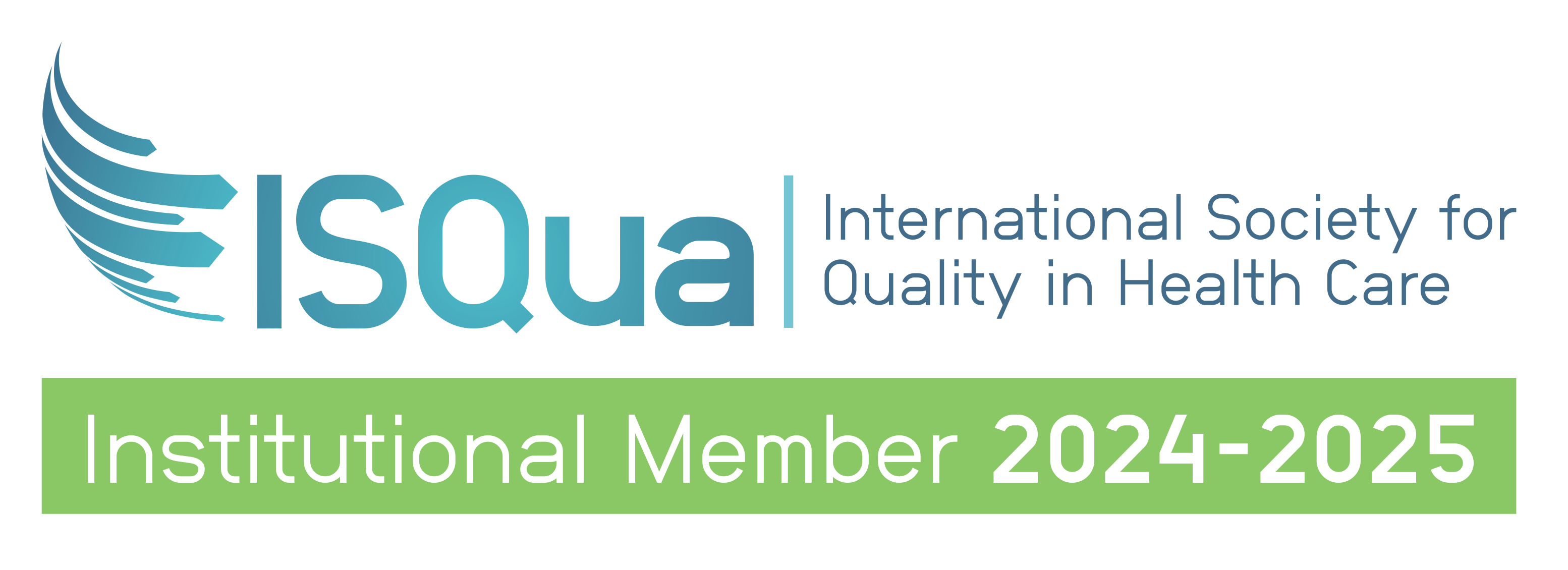
QI In Action: Heart Yearning 2022, Improving the Acute Coronary Syndrome patient cardiac rehabilitation journey
QIL Participant, Mrs Justine Williams worked on a project to improve the utilisation of cardiac rehabilitation services at Royal Darwin Hospital.
This week we shine a spotlight on the Quality Improvement Lead (QIL) Program project undertaken by Mrs Justine Williams, Cardiac Research Coordinator and Quality Nurse, Division of Medicine – Cardiology Royal Darwin Hospital.
Project Background
Despite the documentation of substantial morbidity and mortality benefits, cardiac rehabilitation services at the Royal Darwin Hospital are vastly underutilised, and many patients do not receive the benefits of cardiac rehabilitation due to low referral rates.
The Northern Territory Top End Coronary Database (NTTCD) data captures Phase 1 inpatient cardiac rehabilitation and Phase 2 cardiac rehabilitation referral rates. Data shows that 20% of acute coronary syndrome admissions had the current Phase 1 cardiac rehabilitation education form completed and that 54% of these patients had a referral to Phase 2 cardiac rehabilitation Of those patients referred, commencement rates vary from 28.4% to 60%.
Research has shown that heart attack survivors who complete cardiac rehabilitation are 40% less likely to experience another attack. The project target was to improve both Phase 1 cardiac rehabilitation education and Phase 2 cardiac rehabilitation referrals for patients to 70%.
Project Summary
Barriers and enablers for cardiac rehabilitation were identified through surveys and face-to-face interactions with cardiology nursing, medical staff, and the external cardiac rehabilitation provider. Quality Improvement tools guided the identification of intervention areas. Plan-Do-Study-Act (PDSA) cycles facilitated the testing of interventions.
As part of the project, six consumer interviews were conducted to gain insights into patients' understanding of the questions they should ask about their heart health and care upon leaving the hospital. Through these interviews, two overarching themes emerged: health literacy and communication.
Pareto and driver charts, identifying areas of Phase 1 and Phase 2 cardiac rehabilitation that required intervention and change ideas proposed. PDSA cycles were used for the implementation of interventions.
A total of three PDSA phases were implemented. A Phase 1 cardiac rehabilitation education form was developed and approved via stakeholder consultation and the Royal Darwin and Palmerston Regional Hospital (RDPH) Forms Committee, aiming to reduce variability in education content delivery and standardise documentation. Phase 2 cardiac rehabilitation improvement involved discussion and co-design of the referral form with the Phase 2 cardiac rehabilitation stakeholders.
In the final phase, visual cues will be used to prompt the patient to questions they may want to ask when participating in conversations about their journey to wellness. These cues aim to enhance patient engagement and facilitate meaningful conversations. Evaluation of the effectiveness of these visual prompts will be conducted through surveys and discussions with patients.
Results
Cardiac rehabilitation form is now a hospital record and becomes part of all cardiology admissions. New Phase 2 referral form implementation took place in October 2022. Visual cue implementation took place in November 2022. First evaluations occurred in March 2023 by the cardiology research coordinator.
There was no simple solution to improving the cardiac rehabilitation process. The interventions implemented were a result of the engagement with both internal and external clinical stakeholders as well as the consumers.
The outcomes of this project will be shared with internal and external partners in the healthcare sector, including NT Phase 2 cardiac rehabilitation provider Healthy Living NT and the SA/NT Australian Cardiac Rehabilitation Association.
Explore projects from QIL Program Graduates
You can read more projects like these in the QIL Projects Summary booklet undertaken by QIL 2021-2023 participants over the course of our 9-month program.
The booklet contains summaries of real work-based improvement projects across various healthcare categories including acute healthcare, community, drug and alcohol services, partnering with consumers and more.
The Project Summaries 2021-2023 booklet is available for viewing here.

